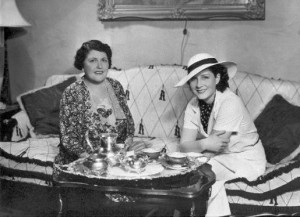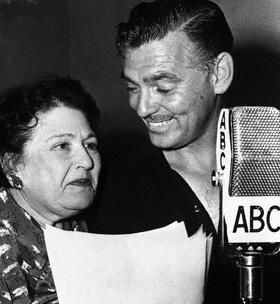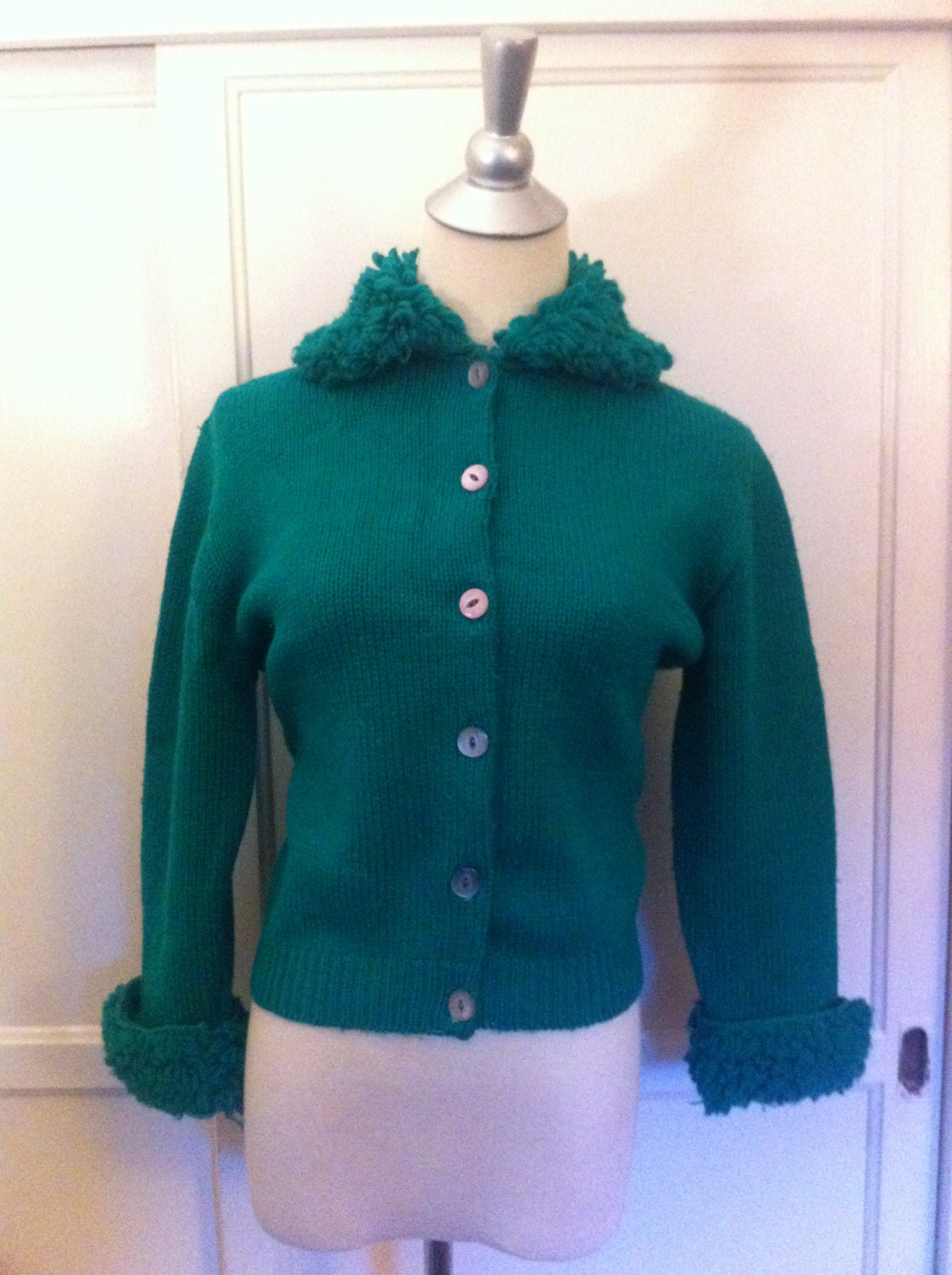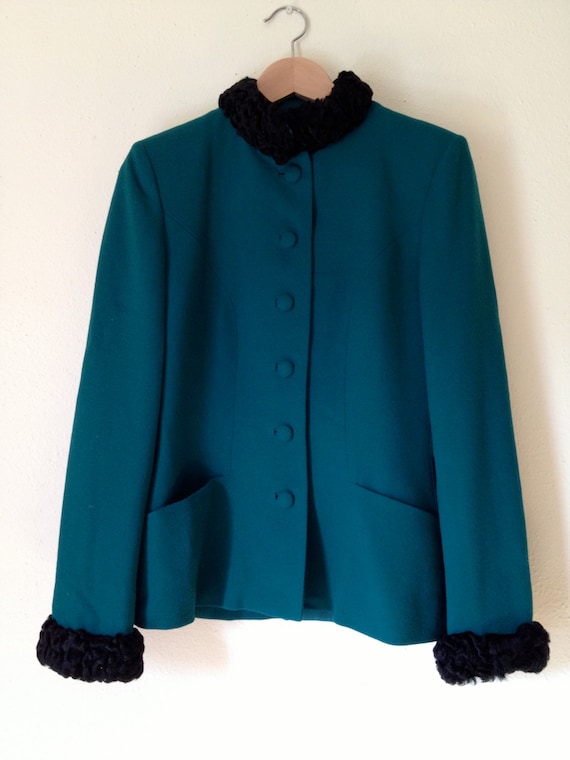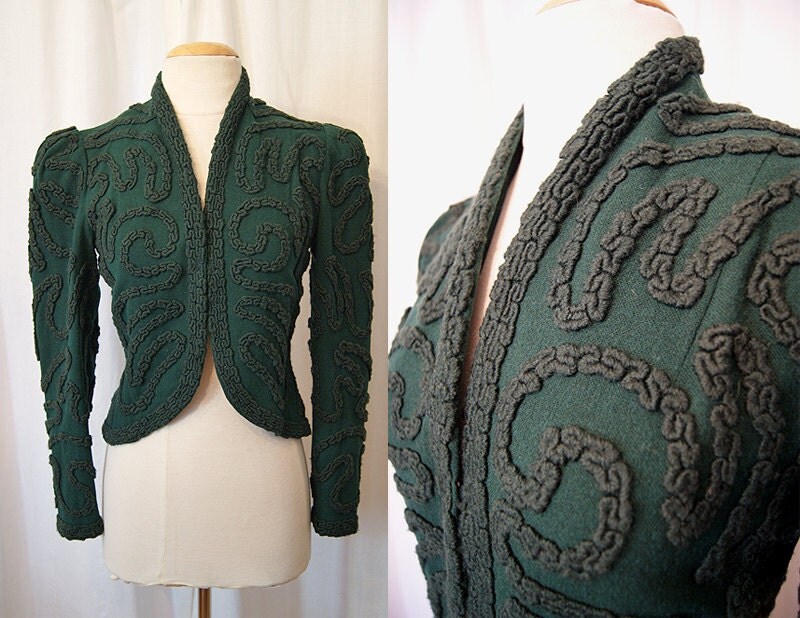In these media heavy days it is common for even the most politically minded of us to find we have accidentally (ahem) clicked into the Daily Mail's sidebar of shame and find ourselves sucked into an internet gossip warren that can be hard to escape from. Whilst we love to criticise this kind of journalism as low brow and tacky we also love to read it.
We have always loved gossip. Be it Shakespeare's talkative nurse in Romeo and Juliet, Dangerous Liasons style whisperings behind fans or the cover of Closer Magazine - the human mind has, and always will have, a natural curiosity about the ins and outs of the lives of the rich and famous.
In fact it was in the "Golden Era" that many readers here are so fond of that the celebrity gossip column really came into its own. Columnists in the 30s and 40s really had the power to make or break an actors career and were loved by the PR teams and loathed by the stars in equal measure.
The three key figures in the Golden Age of gossips columns are, what one of their number dubbed ,"the unholy trio: Louella Parsons, Hedda Hopper and Sheilah Graham Westbrook.
Louella Parsons was really the first celebrity gossip columnist. Such columns had existed before but the focus had always been on the nobility. Now, with the rise of cinema a whole new area of opportunity opened up - people were fascinated by the stars of the movies more than they were by Dukes and Duchesses - the movies actors seemed more approachable somehow, and it didn't take the newspaper moguls long to realise this.
Louella had always wanted to write, being the first woman to write for her local paper in the town of Dixon, Illinois, and had even had a few scripts accepted by the time she was hired to work for the Chicago Record Herald in 1914. Unfortunately she lost her job as on the Herald in 1918 as William Hearst had underestimated the public interest in movie gossip and so Louella bravely relocated her family to New York to work on the Morning Telegraph.
Hearst soon realised his mistake and hired her to his rival New York paper - the New York American. However in 1925 Louella was diagnosed with tuberculosis and given six months to live. On Doctor's orders she moved to Los Angeles to take advantage of the dry air and quickly recovered, deciding to stay there and becoming a syndicated columnist for Hearst.
Now based in the beating heart of the movie industry Louella's career went from strength to strength - she had an uncanny ability to get close to the stars (pictured below with Marilyn Monroe, Norma Shearer and Clark Gable) and at the height of her career was published in more than 400 newspapers across the world.
The only real threat to her crown came when her former source, silent film star Hedda Hopper, began writing her own gossip column in 1937. Louella weathered the storm however and the cat fighting between the two became just as much of a source of amusement for their readers as the celebrity gossip itself.
Louella kept writing until 1965, when she resigned and handed her crown to her assistant, Dorothy Manners. she died in 1972 at the grand age of 91 - that Hollywood air clearly did wonders for her!
Hedda Hopper came into the business from quite a different direction. born in 1885 she began her career in silent movies - having made around 100 films by the mid 30s, when her career began to wane and she took up an offer from the LA Times to write a rival column to Luella's, entitled "Hedda Hopper's Hollywood."
Hopper was notoriously scathing - prompting at least two physical assaults on her person during her career - Spencer Tracy kicked her up the bottom and Joseph Cotten pulled her chair out from under here. It is also alleged that another star sent her a dead skunk in the mail. Still, she certainly seemed to enjoy her job. Here she is having a high old time with Carmen Miranda and Tallulah Bankhead.
Despite the good time girl appearance and a noted penchant for enormous hats she was also highly political - trying hard to "out" Cary Grant and Randolph Scott for their "immoral behaviour" and naming many suspected communists in her column during the McCarthy Era. According to David Niven, some of her last worlds were about Charlie Chaplin, a nemesis of hers, trying to reenter the country.
The final "witch on our little coven is the pretty blonde Sheilah Graham Westbrook. Sheilah was somewhat younger, born in 1904 and hailed from Leeds in the UK.
After a rough start in an orphanage after the death of her Jewish Immigrant father she was married at 18 to a much older man who supported her work as a showgirl, however a brief stint she had spent on Fleet Street gave her a taste for writing and she left him to move to the USA where she soon found work as a staff reporter on The Mirror. she became known for her brash style and salaciously titled stories and rose quickly up the ranks to become a fully fledged gossip columnist in 1935 with a syndicated column for the North American Newspaper Alliance.
No stranger to gossip herself, in 1937 she met and fell in love with F. Scott Fitzgerald, living with him for three years before his death in 1940, he was still married throughout this time. In fact she married three times and there was much talk about whether her second husband or one of an alleged string of lovers was the father of her children, Wendy and Robert.
Sheilah became a war correspondent during world War II but quickly returned to the US once the war was over - continuing to write for Variety until she retired in 1971.
There is nothing new under the sun, so the Bible says. So next time, when you are flicking through the cellulite horror stories in your latest copy of Glamour, you can feel thoroughly vintage about it. In the words of Shakespeare.
SONNET 59
If there be nothing new, but that which is
Hath been before, how are our brains beguiled,
Which, labouring for invention, bear amiss
The second burden of a former child.
O, that record could with a backward look,
Even of five hundred courses of the sun,
Show me your image in some antique book,
Since mind at first in character was done!
That I might see what the old world could say
To this composed wonder of your frame;
Whether we are mended, or whe'er better they,
Or whether revolution be the same.
O, sure I am, the wits of former days
To subjects worse have given admiring praise.
Yes, I just ended a post about gossip with a Shakespeare sonnet. It's just that kind of day.




















